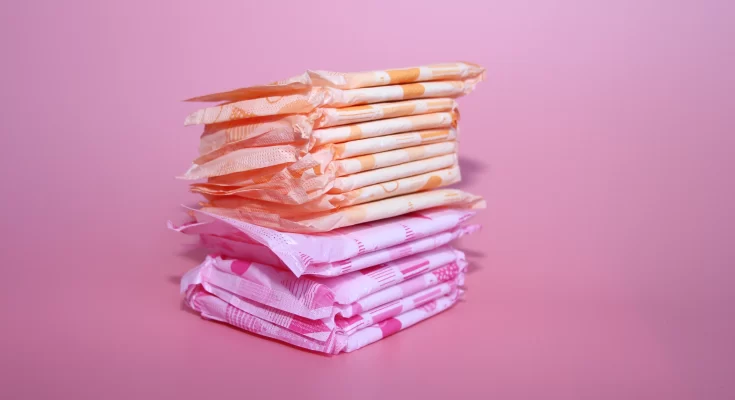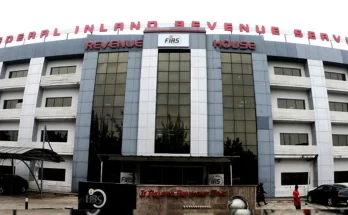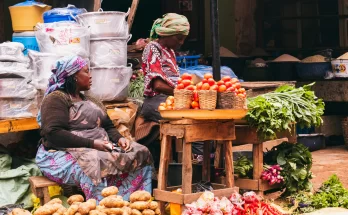To protect the girl child, a catholic group in Ghana is protesting the current 20% tax on sanitary pads
Citizens and corporate groups in Ghana have seized the opportunity of this year’s celebration of Global Menstrual Hygiene Day to protest the current 20% luxury tax on sanitary pads, making the conversation to bother around making this essential available for the average girl child.
Leading the protest, the Catholic Relief Services (CRS) through its country Director, Mr. Daniel Mumuni highlights to the Ghanaian government that this avoidable tax has made ensuring hygiene in the female menstruation circle almost impossible as the less privileged girls are forced to seek alternatives that can over time pose medical challenges.
Other advocacy groups had noted that menstruation is a natural phenomenon that represents a significant component of a woman’s development, making it an all-important task for government and decision-makers to lighten the burden by taking off the current 20% luxury tax on sanitary pads.
Globally, the United Nations International Children’s Emergency Funds has it that an average of 1.8 billion people menstruate monthly. This reiterates the importance of sanitary pads to the average girl child.
The Global Menstrual Hygiene Day is marked on May 28th of every month to raise awareness on issues surrounding the easy accessibility of sanitary pads to the girl child.
Ghana’s 20% Luxury Tax on Sanitary Pads
The current Ghanaian administration presently charges a 20 per cent and an additional 12.5 per cent VAT on sanitary pads.
This tax is due to the Ghana Revenue Authorities guidelines that categorise sanitary pads as luxurious items subject to extra charges.
The luxury taxes have made the prices of pads go up from an overage of 4 cedis to a record high of about 11 cedis which equates to the price of 1 litre of fuel in Ghana today. On the heels of this, many low-income households are currently feeling the brunt.
Advocacy Against the Luxury Taxes
The introduction of a luxury tax despite the government’s intention of using it to grow the nation’s revenue has not come without its criticism.
Recently, Ghanaian Actress and Activist, Lydia Forson, has rejected this tax, regarding it as unnecessary and ill-conceived.
In the same vein, the New Patriotic Party Government has revealed intentions of scrapping the 20 percent luxury tax on imported sanitary pads if its mandate is extended by Ghanaians during the December polls.
The Member of Parliament for Kpando in the Volta Region, Della Sowah and other groups had appealed to the government to scrap taxes on imported sanitary pads.
Recent VAT Development
The Ghana Union of Traders Association (GUTA) has promised to make a strong case for the VAT Flat rate to be reviewed in the Mid-year budget which is expected to come off in July.
Recall that the flat rate policy imposes a flat levy on businesses operating below the five hundred thousand thresholds. Retailers above the threshold are made to pay 19.25 percent as the standard rate.
Similar Tax in Liberia
In Liberia, there is an active Revenue Code that stipulates special taxes for the importation and sale of sanitary pads in the country.
Such taxation has made the prices of sanitary pads shoot up as the country like most African countries is import-dependent.
Recently there are petitions from human rights groups to the government, urging the government to look into making sanitary pads taxes and import duties free as without doing so societal ills like girls’ underperformance in school, teenage pregnancy, early child marriages, and school dropouts may continue to rise.
According to a viral report in the country, to beat the cost of sanitary pads caused by taxes, poor women and girls in Liberia now turn to the unhygienic use of old rags and other barbaric means to manage their menstruation.




